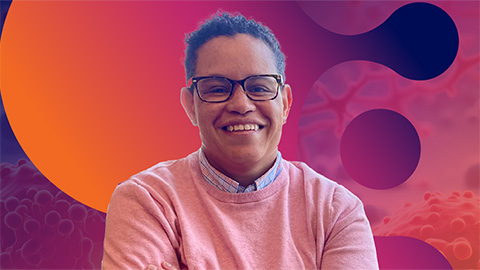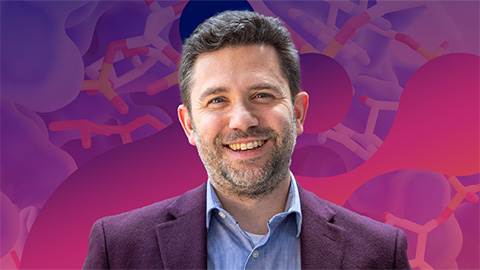An opioid made in the brain is crucial for remembering others
It would be inconvenient if we couldn’t remember the people we have or haven’t met before. Social recognition, the ability to differentiate familiar or novel individuals of the same species is part of a larger process of social memory that allows groups within a species to build and maintain stable networks or relationships, like what we know as friend groups or communities.

The hippocampus, known for its role in memory, is divided into subregions that contribute to different memory processes, and one called CA2 is particularly important for social memory. Scientists have found one particular neurochemical to be important in social recognition. Enkephalin, a neuropeptide that interacts with opioid receptors, is needed in CA2 to recognize new people.
Enkephalins belong to a class of opioids produced by the brain which are often associated with stress response and pain relief. The researchers found that in CA2, these compounds are released by specific type of neuron, boosting information transfer to the CA2, thus enabling our brains to form social memories.
Scientists studied the effects of enkephalin through a social memory test in mice. They introduced one mouse to a space with two others, and the subject mouse was allowed to interact with each mouse for fiver minutes. The subject mouse was removed, then returned half an hour later, this time with one of the mice from the last entry and one mouse it had not met before. The typical response for mice in this case is to pay attention to the new mouse for longer. The scientists observed that, while mice with regular enkephalin levels sniffed out the new mouse for a longer amount of time, mice without enkephalin spent the same amount of time between both mice, as if they had not previously encountered one of them.
A better understanding of social memory can help demystify related diseases. Schizophrenia, a condition in which social memory is impaired, is treated with drugs affecting opioid receptors, for example. The results of this study shed light on how these treatments work.
This story originally appeared on Massive Science, an editorial partner site that publishes science stories by scientists. Subscribe to their newsletter to get even more science sent straight to you.
Enjoy reading ASBMB Today?
Become a member to receive the print edition four times a year and the digital edition monthly.
Learn moreGet the latest from ASBMB Today
Enter your email address, and we’ll send you a weekly email with recent articles, interviews and more.
Latest in Science
Science highlights or most popular articles

Redefining lipid biology from droplets to ferroptosis
James Olzmann will receive the ASBMB Avanti Award in Lipids at the ASBMB Annual Meeting, March 7–10, just outside of Washington, D.C.

Women’s health cannot leave rare diseases behind
A physician living with lymphangioleiomyomatosis and a basic scientist explain why patient-driven, trial-ready research is essential to turning momentum into meaningful progress.

Life in four dimensions: When biology outpaces the brain
Nobel laureate Eric Betzig will discuss his research on information transfer in biology from proteins to organisms at the 2026 ASBMB Annual Meeting.

Fasting, fat and the molecular switches that keep us alive
Nutritional biochemist and JLR AE Sander Kersten has spent decades uncovering how the body adapts to fasting. His discoveries on lipid metabolism and gene regulation reveal how our ancient survival mechanisms may hold keys to modern metabolic health.

Redefining excellence to drive equity and innovation
Donita Brady will receive the ASBMB Ruth Kirschstein Award for Maximizing Access in Science at the ASBMB Annual Meeting, March 7–10, just outside of Washington, D.C.

Mining microbes for rare earth solutions
Joseph Cotruvo, Jr., will receive the ASBMB Mildred Cohn Young Investigator Award at the ASBMB Annual Meeting, March 7–10, just outside of Washington, D.C.

